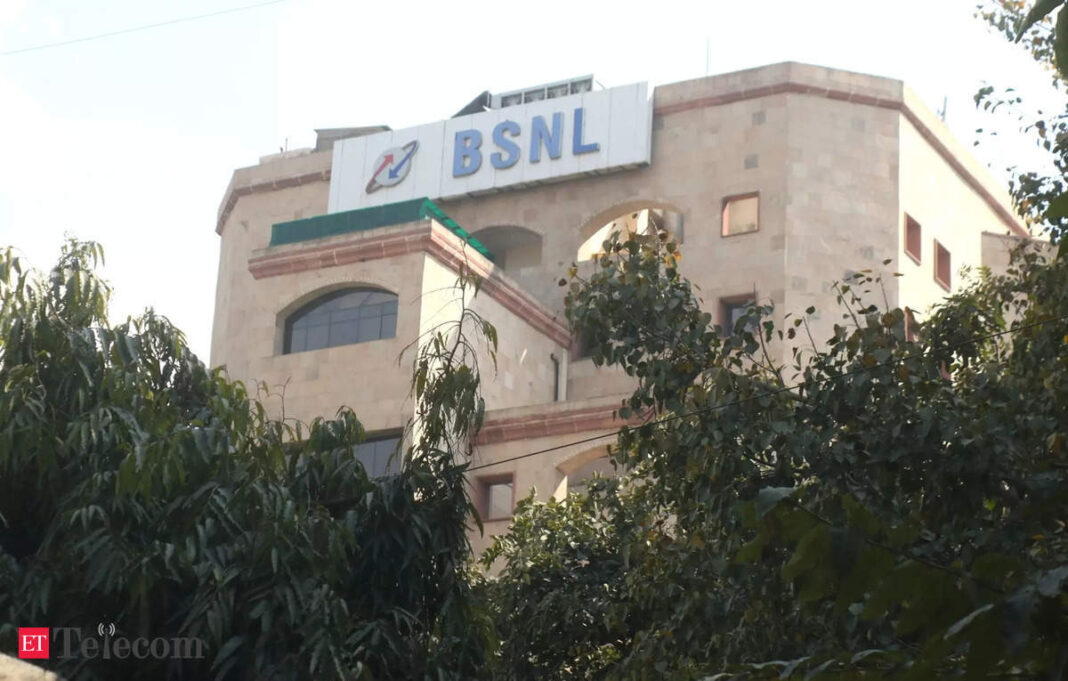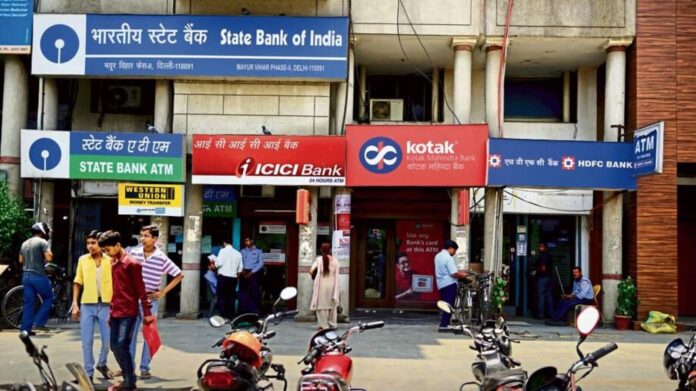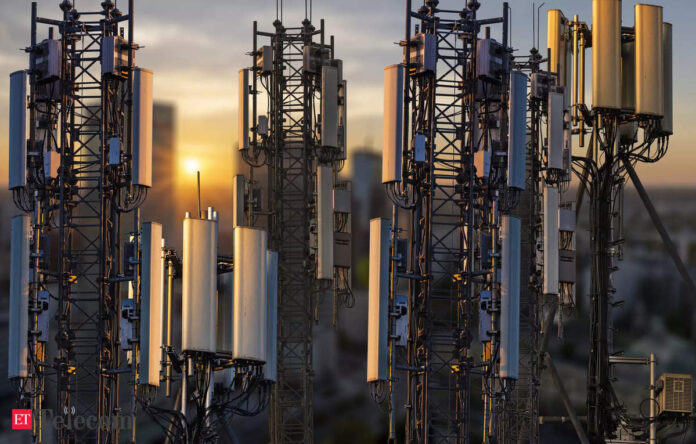In Short:
State-run telecom company BSNL has faced challenges in recent years but aims to launch 4G services using Made in India technology to revive its user base. The government is providing financial support to help BSNL overcome obstacles. The telecom minister plans to monitor progress closely to meet revenue targets. BSNL faces competition from global players in deploying 4G and will need to ensure affordability for customers.
BSNL Struggles to Keep Up with Private Telecom Competitors
Challenges Faced by BSNL
State-run telecom company BSNL has been struggling to keep up with private competitors in the telecom industry. The lack of 4G services has resulted in a loss of 18 million subscribers in the fiscal year 2024. Despite ongoing efforts, the deployment of the 4G network has been slower than anticipated.
Government Initiatives
Newly appointed Telecom Minister Jyotiraditya Scindia is working on plans to revive BSNL and position it as a strong player in the market. The government has announced multiple revival packages totaling Rs 3.2 lakh crore to help BSNL overcome its challenges.
Future Goals
BSNL aims to achieve Rs 35,960 crore in revenue from operations by FY28, with a focus on year-over-year revenue growth starting from FY25. The company also targets an EBITDA of Rs 12,110 crore, compared to the current estimate of Rs 1,839 crore in FY24.
Remaining Competitve
With the impending launch of BSNL’s 4G services, the company faces competition from global equipment players like Ericsson and Nokia. Challenges include the absence of affordable devices that support the 700 MHz band, hindering BSNL’s deployment plans.
As BSNL navigates through these obstacles in the Indian telecom market, its ability to meet set targets and compete with private operators remains to be observed.





